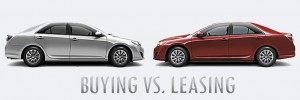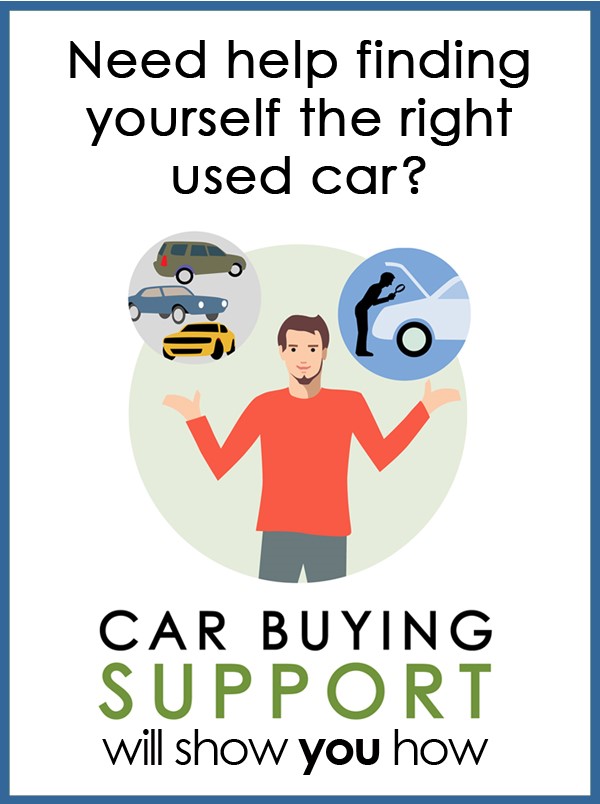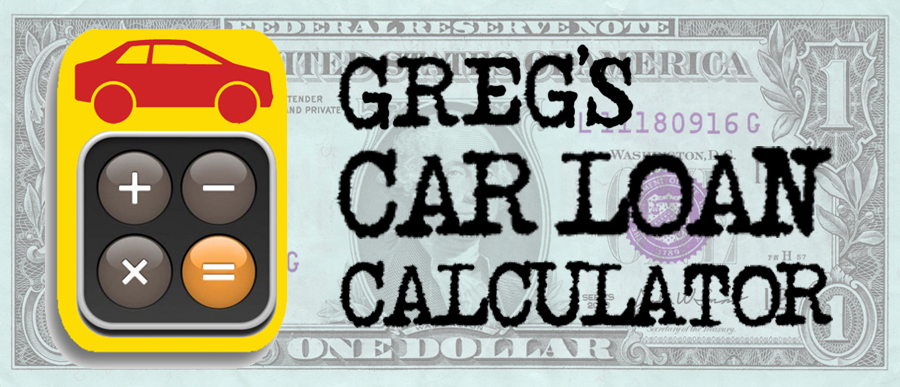I often get the question “Buying vs. Leasing” when a client is ready to get a new car. The reasons given for leasing has more to do with the fact that leasing seems easier and has the added benefit of not having to deal with repair cost. The monthly payment is also lower on a lease.
Let’s face it; a lease is just a glorified rental car with payments spread out over 2-3 years.
Of course it is true that there seems to be no repair costs on a lease, but it might surprise you how incidental fees (including repairs) add up to a bad deal. Here are some examples:
EXCESSIVE MILEAGE
If you commit to leasing a car you had better be very confident that you will not exceed the mileage conditions. A typical lease will offer 3 years and 36,000 miles. However with the average commute of 13,000 miles you will be exceeding those terms. You can purchase extra miles, but at 12-18 cents per mile it can add up quick.
EARLY TERMINATION
In a perfect world you would know exactly what the future might bring. However, if you were forced to terminate the lease contract due to a change of job, family emergency or loss of income due to injury, you will get slammed in penalties, as much as 6 monthly payments. Just go on Craigslist and type in “take over lease” to see how many good people find themselves in this predicament. The stakes are so high that people are desperate and willing to go through the trouble to re-lease their cars rather than pay the lease company the heavy penalty.
WEAR AND TEAR
In most cases the leased car gets returned with a few bumps and bruises. This is the nature of driving and most cars have a normal amount of wear and tear at the end of the lease term. The leasing companies however, see “normal wear and tear” differently than you and I. The fees for “excessive” wear and tear can be staggering. For instance I spoke with a woman who returned her Mini Cooper back to the dealership and there were a few tiny scratches on the bumper. They charged her $350 per bumper (a total of $700). Her tires were not too bad with about 40% life left on them, but they charged her $600 for that. (And remember that tires typically wear out at about 35-40k miles). New tires become a necessary (and costly) expense on a leased car that you will incur and yet you do not benefit from that investment like you would if you actually owned the car.
A way around this would be to pay the leasing company a visit before your turn-in date. You can have them give you a repair assessment so that you can have the repairs done before you officially turn the car back instead of being forced to pay their top dollar on the repairs that they consider excessive. It is only then that the light goes on in your head that the reason you were choosing to lease was to avoid all this repair stuff to begin with.
On the other hand, if you buy a new car you should intend on owning it for more than 3 years whereby the depreciation becomes less of a factor and you start to gain more and more equity in the car.
The only argument in favor of a lease other than running the car as a pure business deduction, is that leasing has a lower monthly payment compared to financing a new car with the same loan terms. Why is this? Same car, right? The answer is, among other things, that on a lease you are only paying the sales tax based on the depreciated amount of the car rather than the full price of the car as in a purchase. On a higher price car and in a high sales tax area, this could be considerable savings. It follows that if you need access to more cash every month, leasing may be more favorable, but then why would you be opting for a brand new car to begin with instead of buying a slightly used car at a steep discount? In the long run there is a high price to pay for the perceived convenience of leasing.
Leasing companies want their cake and eat it too. And you are the cake.
Look at it this way; after the leasing company gets the car back from you (and charges you for most of the “conditioning”) they turn around and then sell the car at a profit. The question is; who is the one that makes that profit possible? You are. That profit is your gift to them in the form of an expensive lease. They never lose and you never win.
Ultimately your car should be an investment. When you buy a car you will be the one with the end profit and not some multi-national corporation who wants you to think that leasing is a better alternative than owning. That is rubbish.
SOLUTION
To maximize your investment on a purchase it is prudent to who has the ability to negotiate a wholesale purchase and of course use a professional selling service to get a premium on the return on your investment when you need to sell it. If you want convenience then that is the prudent way to buy and sell your cars and a far better idea than leasing.
Greg Macke- Your Car Angel
![]() Greg Macke is a car blogger and author of “My 7 Secrets to Buying a High Quality Used Car”. He is a professional car buyer and consumer advocate working closely in the industry to improve the buyer’s experience. His high quality car buying tutorials offer help to the car buying public. – See more at: https://carbuyingsupport.com/
Greg Macke is a car blogger and author of “My 7 Secrets to Buying a High Quality Used Car”. He is a professional car buyer and consumer advocate working closely in the industry to improve the buyer’s experience. His high quality car buying tutorials offer help to the car buying public. – See more at: https://carbuyingsupport.com/







